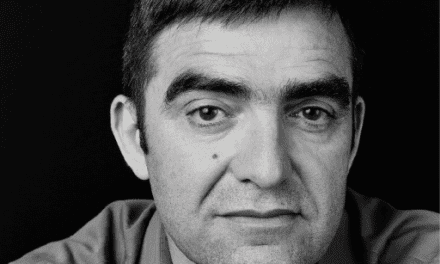More than ever, service members are struggling to fall asleep.
That was the takeaway, in layman’s terms, of a 14-year study by the Sleep Research Society that analyzed the association of insomnia with combat exposure in 1.3 million military personnel. From 1997 to 2011, reported rates of insomnia soared, the study found, a trend that spiked considerably following the 2003 invasion of Iraq, indicating a direct association between the disorder and exposure to combat. And while post-traumatic stress disorder and traumatic brain injuries suffered as a result of combat deployments have been identified as known contributing factors, solutions to the alarming trend have proven to be elusive. Until now.
Or, that is at least the hope for the Department of Defense in seeking answers with the help of Dr. Anne Germain, a sleep research expert who has been studying issues of insomnia and PTSD in the military for nearly 20 years.
DoD recently awarded Germain’s company, Noctem, with a $2 million contract to conduct trials on a sample group of 800 sailors and Marines in what amounts to the most extensive sleep trial DoD has ever undertaken.




